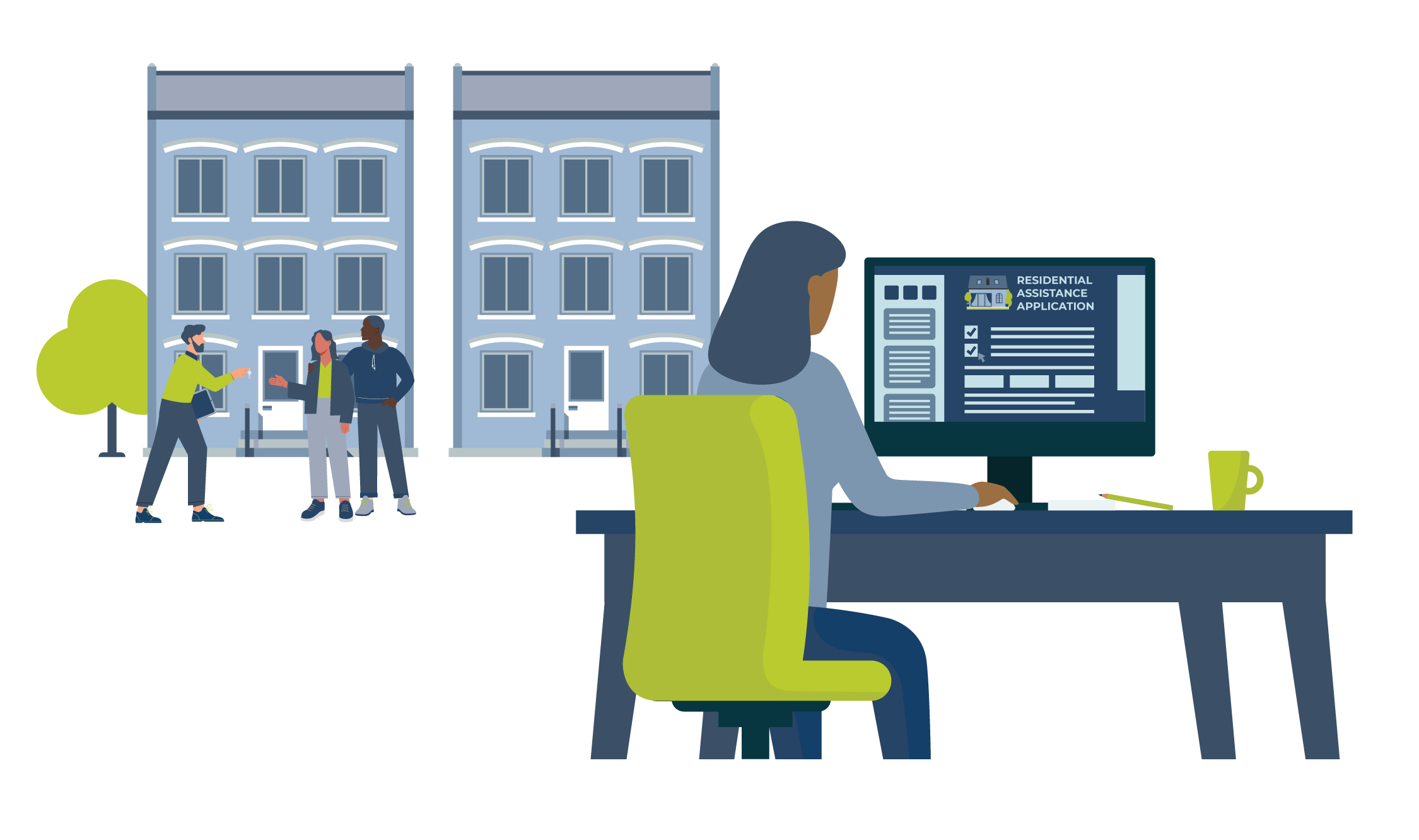How We Support Your Innovation Journey
Proud to be the largest Salesforce Implementation Partner exclusively serving Human Services organizations.
Shelter
Streamline your shelter operations while ensuring every guest receives the care and support they need. Our solution features client health tracking and alerts, a bed visualization tool, automated eligibility calculator, and automated compliance reporting.
Housing & Rental Assistance
Simplify building and unit management, case handling, and application tracking. Our solution allows you to track and manage lease and payments tenant requests, Incident reports, and more.
Early Learning
Improve classroom management, engagement with families, and compliance reporting. Our solution is designed to elevate your early learning programs by streamlining attendance tracking, managing important documentation, and tracking meals and immunizations.
Workforce Development
Gain a 360-degree view of your program participants' employment journey, ensuring a holistic approach to their career growth. Our solution features efficient job matching, employment placement, retention tracking, and responsive job order management.
Aging Care
Bolster your Adult Day and In-Home care management. Our solution simplifies transportation and scheduling management, client-caregiver matching, compliance management, and the check-in process with real-time geolocation tracking.
And More
Our custom Salesforce solutions are designed to meet the unique needs of each service area. Our expertise also extends to Legal Aid, Mental and Behavioral Health, Reentry, Immigrant and Refugee Resettlement, Foster Care, Disabilities, Domestic Violence, and more. Let’s collaborate to create impactful, lasting change in your community.
Salesforce brings the humanness out of that data which is so important for the work that we do. It allows us to see the comprehensive work we have been doing over the years.
It has been such a pleasure to work with Provisio. After two years of partnership, we are proud to have them as part of the Pacific Clinics family.
Provisio provided tremendous support and quality service to our team as we began the process to launch our Salesforce platform.
With Salesforce, our intake process takes only 15 minutes, so it’s a huge impact on the time that we can spend helping more clients and be able to help our existing clients more.
























